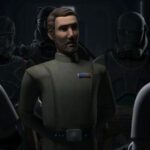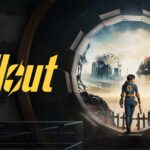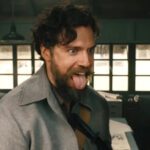REVIEW: Anna (2019)
Anna is a film I’ve been greatly looking forward to since it was unveiled with its first trailer. Luc Besson is a really gifted director when he’s got the right movie, and the trailer wowed me with a glimpse at what appeared to be a bonkers action set piece. It’s also a spy film, for which I’m a sucker. I went in with low expectations, as the review embargo hadn’t been lifted until the Thursday it premiered, and whilst I cannot say Anna is a great film, it’s an entertaining one.
This isn’t the first time Sasha Luss has appeared in a Besson film (she was also in 2016’s Valerian, under plenty of CG makeup) but I definitely think this is her better performance. She impressed the hell out of me, holding her own with the likes of Cillian Murphy, Luke Evans, and Hellen Mirren. She has an innate likability, and (even if the script doesn’t support it very well) you can easily sympathize with her. She elevates the material just enough for me to get invested during the action, and I’d love to see her work within the action genre again. Cillian Murphy might be my favorite of the supporting cast. He gets some of the best humor in the film, and he delivers it perfectly. Luke Evans also does a great job with what he’s given to do, but what he’s given to do isn’t usually very interesting. He does happen to have some genuine chemistry with Luss, and I kind of wish we got to see more of them together outside of some poorly done sex scenes.
Anna is a pretty slick-looking film. Location shots of the beautiful and warm Paris stun, as well as the frigid-looking snowy streets of Moscow, and there’s solid use of color throughout. I wish the same could be said for the editing of the film, but sadly, Anna is quite choppy, and the pacing feels slack. This is a movie that jumps all over the place, location to location, and through multiple points in time, and it isn’t very smooth. There are entire chunks of scenes devoted to dialogue that goes nowhere (and jokes that fail to land). Some of these moments could be trimmed to up the pace a bit, but others aren’t going to be solved in the edit bay.
That brings us to the story of Anna, which is probably the film’s biggest downfall. If you rewatch the trailer, how much story do they REALLY clue you in on? Not much, and there’s a reason why. It sounds simple enough; it’s a spy film that follows a Russian agent as she takes out key targets. The problem lies in the delivery of the narrative and the execution of espionage movie tropes. Besson, who also wrote the film, puts the audience through a bizarre narrative structure that sees multiple flashbacks within minutes of each other. We jump so many years back, then we move forward a year or two from there, then a matter of months. It left me rolling my eyes whenever the next “____ years ago” title card would come up. These jumps, as stated above, make the pacing rough, as it feels like we start and stop repeatedly. The information in some of these flashbacks is important, don’t get me wrong. It’s just the way that they’re delivered, and in such quick succession, that boggled my mind.
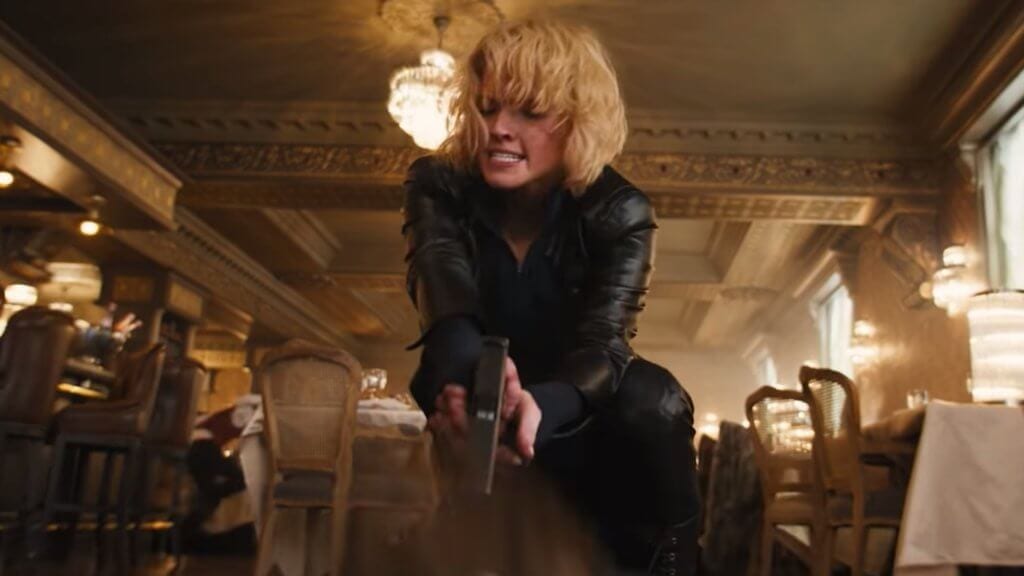
When we’re in the “present day” timeline (the film takes place in the ‘90s), the plot is relatively straightforward. We’re just following her from kill to kill, literally in a montage at one point. But once we enter the back half of the movie, we run into Anna’s other major issue: twists. It’s almost like Besson looked at the way espionage films handle twists and decided that to make Anna more entertaining, he had to cram as many in as possible, each with a flashback explaining how this twist makes sense. The film winds up becoming an overly convoluted ball of double/triple crosses, and on several occasions, I once again found myself rolling my eyes when these moments would happen. It’s really too bad, as the actors are trying their damndest to sell these twists and to elevate the (at times) ridiculous material. I’ll say that I was invested in Anna’s main mission, although emotional scenes should have hit me harder than they did.
The action sequences, when there IS action, are well shot, choreographed, and edited. Anyone who has seen the trailer has seen part of that café fight sequence. That scene alone had me sold on coming to see this film, and it did not disappoint me at all. Luss dove into the action in this sequence, and it shows because they don’t shy away from showing her face prominently. The choreography is fluid, combining hand-to-hand combat, gunplay, and using the environment rather organically. It’s genuinely thrilling. The problem is that this excellent action scene is where Anna peaks, and it’s probably about halfway through the movie. There are also only two real action scenes; the climactic sequence at the end is solid enough, but nowhere near as strong as the centerpiece sequence. So if the trailer had you thinking this film was wall-to-wall action, it really isn’t.
The musical score in Anna is decent enough, but I probably won’t remember most of it in a week. Eric Serra scores most of Besson’s films, but I think this might be his weakest for me. The sound design is pretty impeccable, though, especially within the action scenes. Gunshots are booming, and hand-to-hand combat is incredibly impactful. Only once did I have a problem understanding what characters were saying, and I think it was more on the theater than anything else.
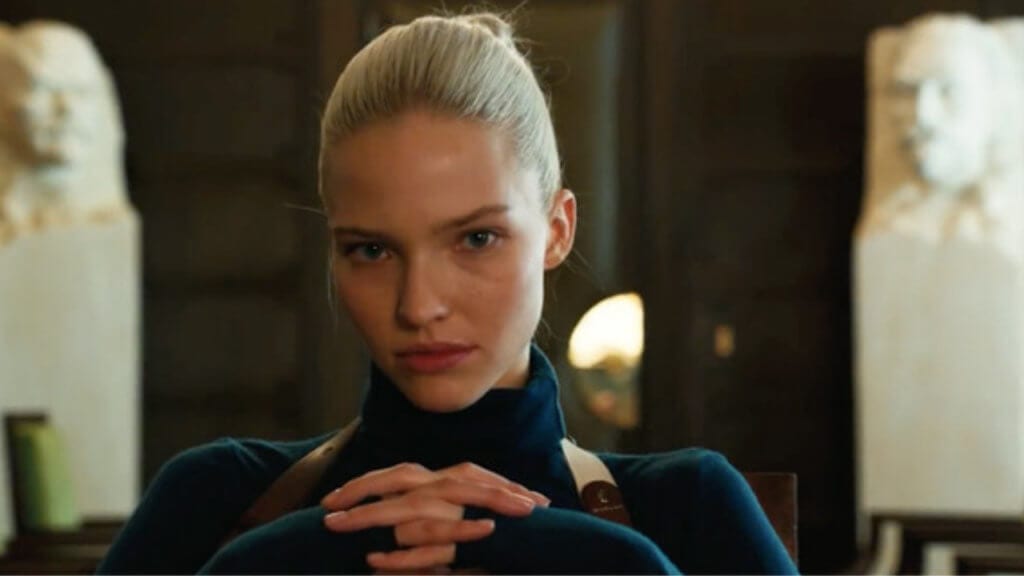
I wanted to love Anna. I would love to sing its praises atop a mountain, hailing a great new, original action film. Anna isn’t that film, sadly, and while I didn’t hate it and did find it entertaining enough, this is a late-career misfire for Luc Besson.
What did you think of Anna? Let me know in the comments below! Stay nerdy, everyone!
Anna (2019)
Plot - 4.8
Acting - 7.4
Editing - 4.3
Direction - 5.7
Music/Sound - 6.2
Action - 7.2
5.9
Lacking
Anna is entertaining, but deeply flawed. A late career misfire for Luc Besson.



